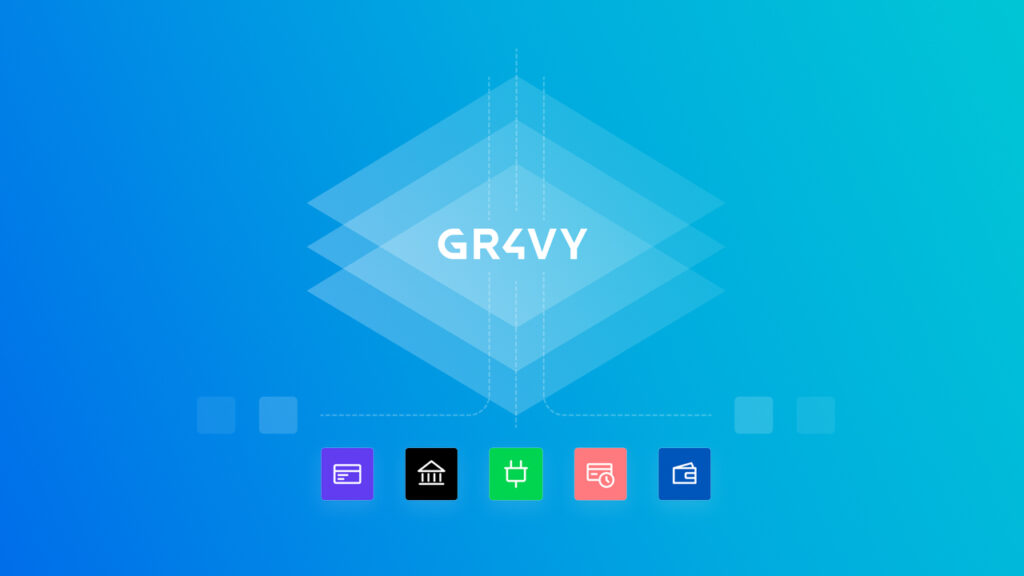
February 6, 2023
Top five reasons merchants should outsource payment orchestration
Here are five key reasons a merchant should consider outsourcing its payment strategy to a team of payments experts at a payment orchestration platform (POP)
Payment orchestration exists to help merchants streamline their payments ecosystem by enabling them to add multiple payment methods, optimize approval rates through smart routing and keep within data and privacy regulations as they scale globally. But building a payment orchestration solution in-house is time-consuming and expensive, with many risks at every step.
So, what is the alternative? Here are the top five reasons you should outsource your payment orchestration platform:
- Save time – according to a whitepaper produced by Retail Payments Global Consultancy Group (RPGC); it will take between 30,104 to 33,227 hours of developer time to build a minimum viable product (MVP) payment orchestration platform in-house. Assuming a merchant is assigning four engineers to the project, that adds up to an estimated 188-208+ weeks for completion
- Cost optimization – Ensure optimal pricing and better approval rates by intelligently routing transactions through multiple PSPs. With a POP, you can build workflows and establish rules to route each transaction to different payment providers based on many variables.
- Reduce maintenance burden – all technology integrations are subject to ongoing maintenance, and If anything fails, it can cost a merchant money in sales. A third-party POP can mitigate this risk with its high-fidelity, failover routing, and complete and well-maintained integrations.
- Stress-free card data storage and regulatory compliance – Security Matrix reports that a compliance assessment alone can cost upwards of $70k per year for large merchants, with TrustNet estimating compliance costs reach up to millions of dollars annually. Each market a merchant expands into will have its own local regulations that a merchant must adhere to. A PCI-compliant third-party POP can remove the burden for merchants and maintain it on an ongoing basis.
- To save on finding and maintaining internal resources: access to engineering talent is a constraint. Payment engineers are in high demand and are increasingly difficult to find. Couple that with long-term turnover risk and staffing, and an in-house POP solution becomes tricky and expensive. The hourly rate for software development in the US is among the highest in the world, ranging from $41-$71 per hour. The total cost, including taxes and benefits, can bring that range up to $85-148k per year on an annual salary.
The total transaction value in digital payments is projected to reach over $2bn in 2023 in the US alone. Given the sensitive nature of payments data, transaction latency concerns, and how regulators in many countries are now thinking about where data is processed and stored, a cloud-native POP solution is imperative for local cloud processing and storage. The current cost of setting up, automating, and scaling cloud infrastructure on top of an already complex payment orchestration layer can be substantial and time-consuming.
Gr4vy understands that cloud infrastructure-as-a-service (IaaS) is the future of fintech. Gr4vy is the first cloud-native IaaS platform that offers a future-proofed payment infrastructure designed to grow with your business so that you never lose a transaction. Our solution leverages the latest innovation in cloud computing so you can have your independent infrastructure deployment of Gr4vy – giving you full control over resilience, redundancy, and performance.
Gr4vy offers:
- Cloud-based IaaS
- PCI DSS Level 1 Compliance vault
- Single integration
- No-code workflows for Payment Orchestration
- Full control over your payment stack
Discover how Gr4vy can be your payment orchestration solution, or download our eGuide to discover the differences between an IaaS vs. SaaS payment orchestration provider.